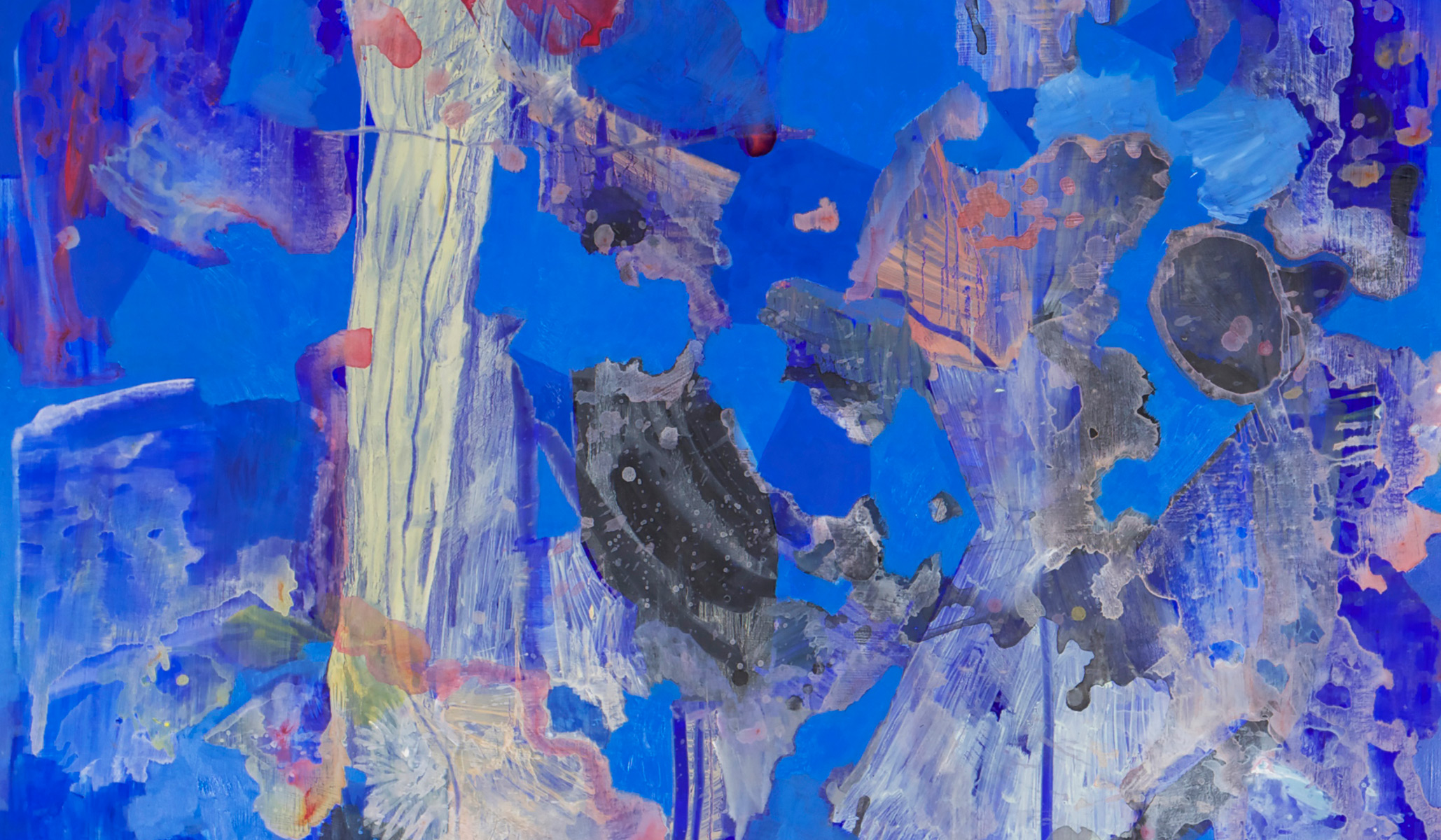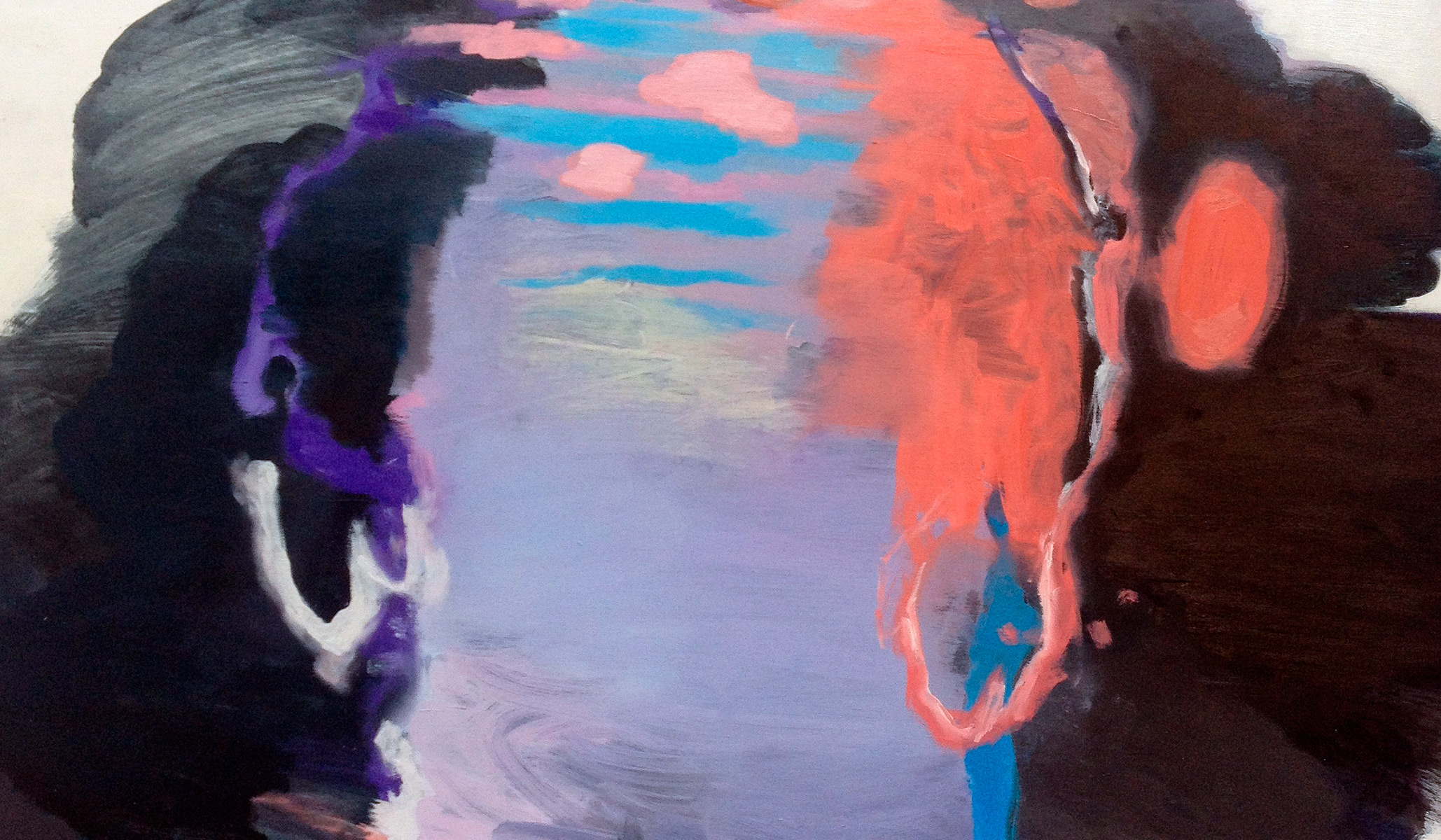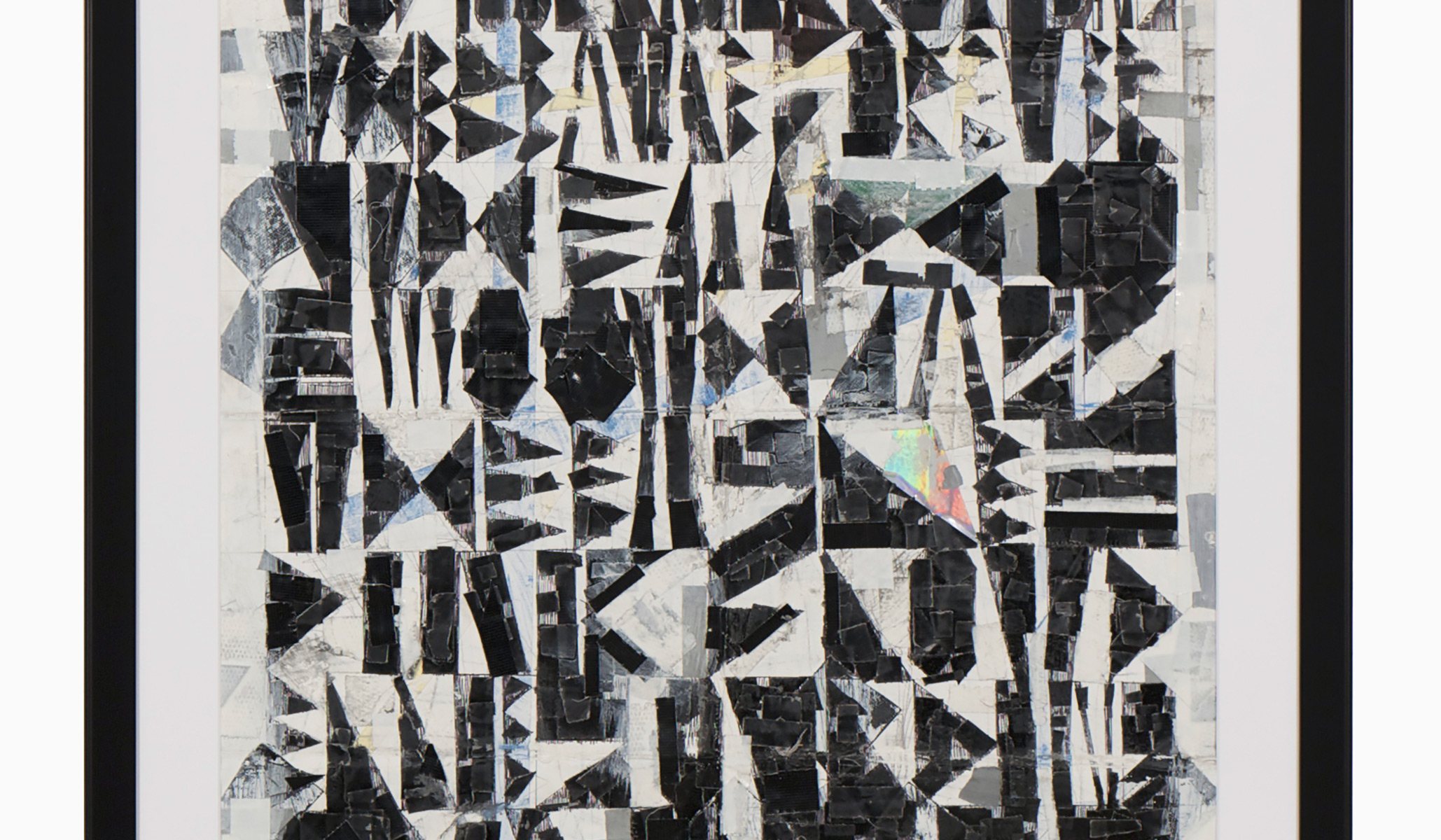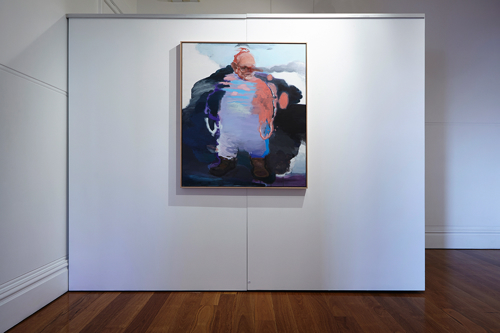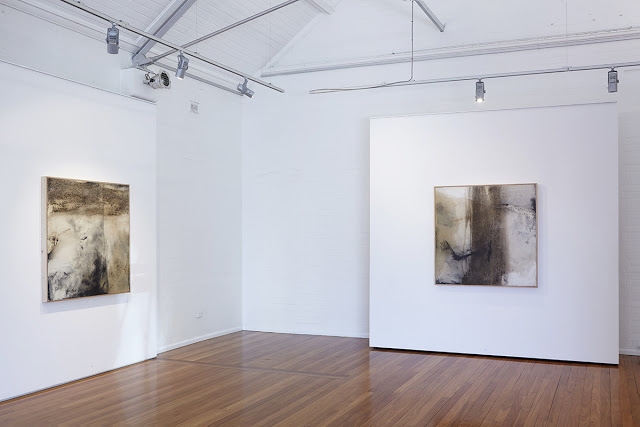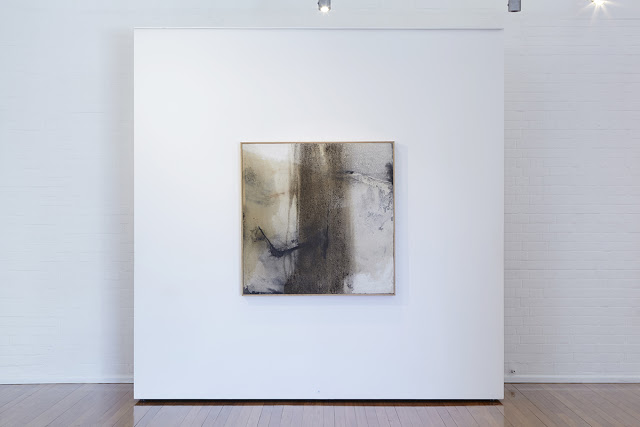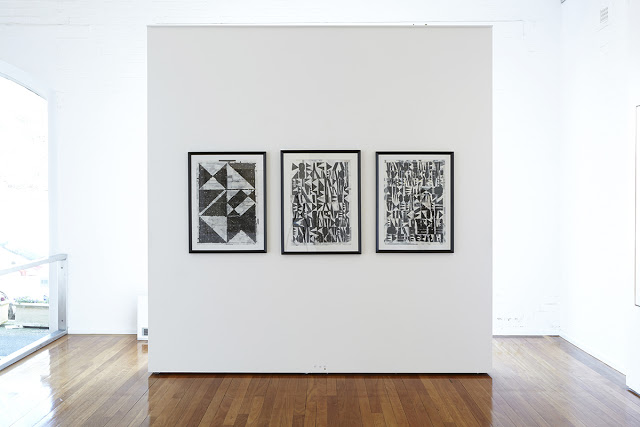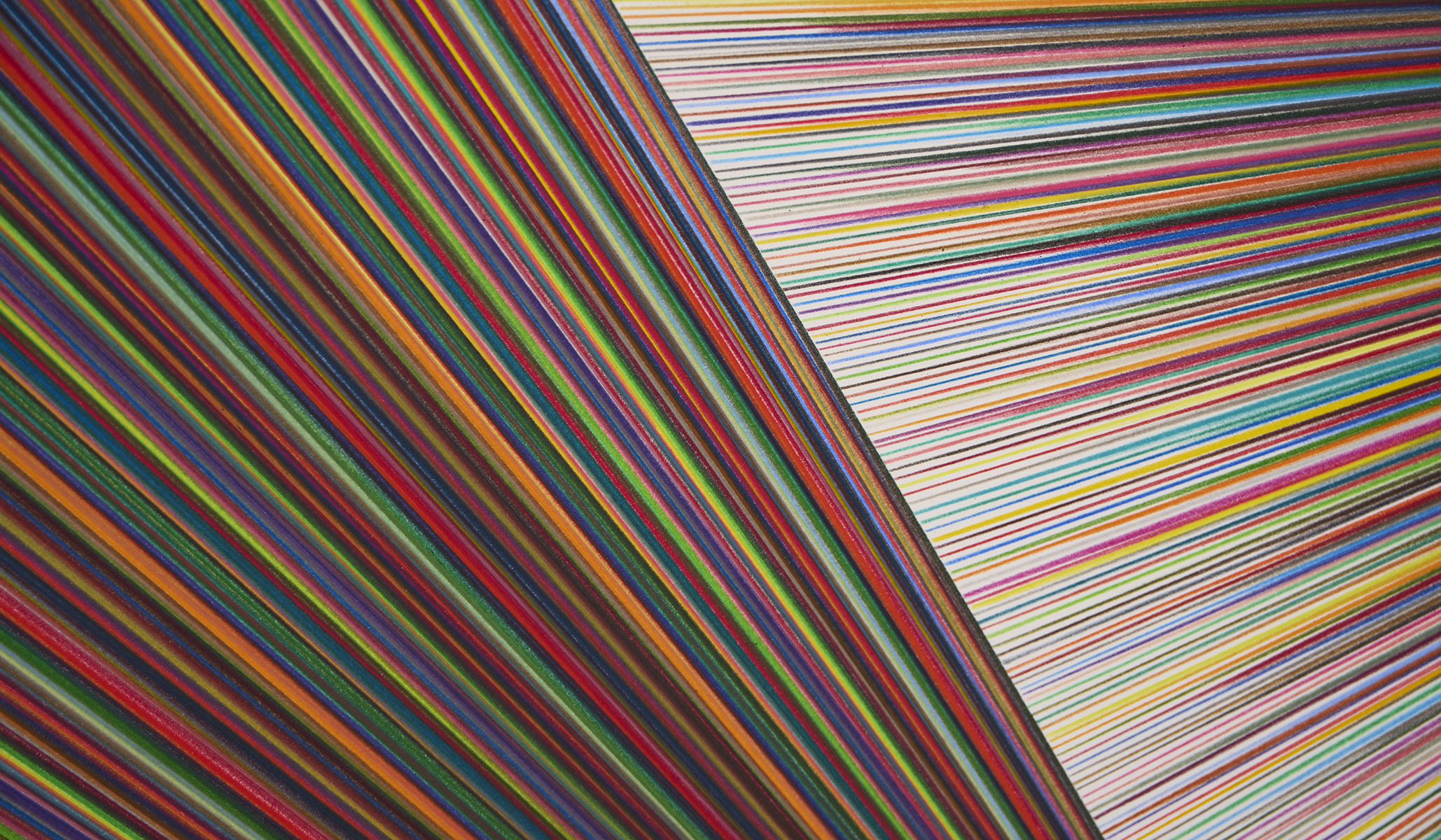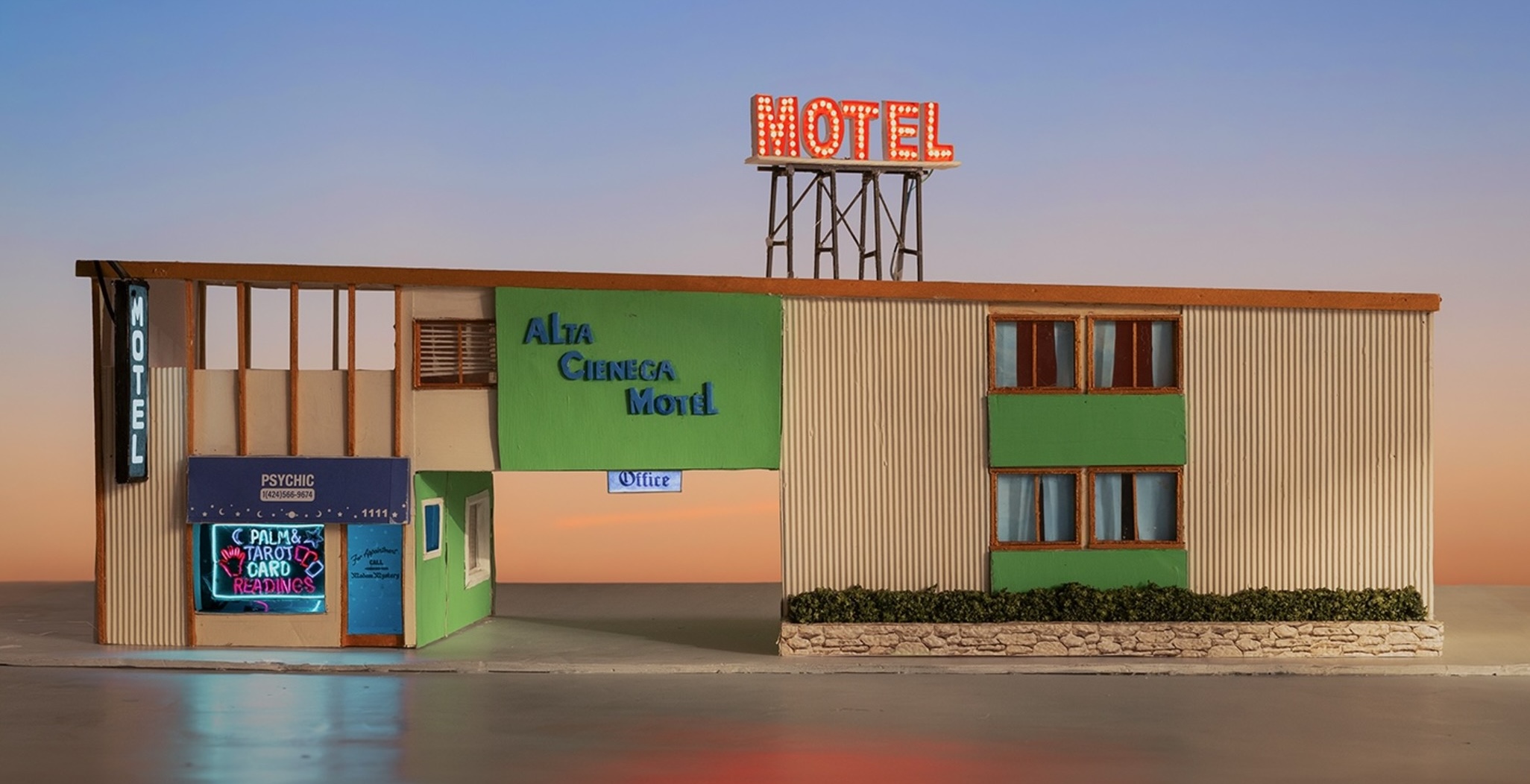Exhibition
Featuring:
Nyah Isabel Cornish
Portland Francis
Nicholas Ives
Ryan McGennisken
Nicholas McGinnity
Dean Thompson.
Curated by Ryan McGennisken and Michael Staniak.
Today’s contemporary art looks to be moving away from Post-Modernism, a movement where artists had been rejecting skill and claiming the banal to be Art.
Ever since Marcel Duchamp displayed a urinal as a finished piece of fine art at the turn of the Twentieth Century, he spun the art world on its head proclaiming that any object could potentially become art given the right theoretical context. At the time, this was revolutionary and important. New technologies, based on industry and mechanical reproduction, were rendering skill and beauty as things achieved more easily and not just reserved for the fine arts. Pandora’s box was now unlocked and everything from Conceptualism to Relational Aesthetics was doing away with skill and leaning towards artwork that relied heavily on theory to support its artistic credibility. Although this was a democratizing period in the art world – anyone could potentially be an artist with the right concept – the limits of conceptualism in art had definitely been tested.
Theory is a very important cornerstone of any artwork. Without theory, an artwork can lose an important commentary on the world around us and become pure décor. However, a recent resurgence in painting and sculpture has seen a return to traditional craft and skill, something that has been missing from much of art in recent decades. These new works are etched in the contemporary mindset because of a number of factors – a strong connection to art history, a keen observation of current technologies and the addition of processes that are not quite traditional but utilize new materials or methods of image production. Experimentation akin to Modernism is often being combined with methods of craft from centuries ago. When mixed with new materials, technologies or observations through use of these technologies, the results are works grounded in tradition yet completely relevant today.
FUTURE PROCESS displays the work of six artists that are very much active in the reskilling of contemporary art, whether it is through the handmade acts of painting, drawing or sculpting. For these artists, the processes of the past are influencing the creative choices they make today. They also utilize new materials and methods to further the traditions of their preferred media and look to achieve new visual results through this experimentation.
The work of Nyah Isabel Cornish examines the way in which abstract painting has evolved alongside digital and screen based life; battling with constant visual stimuli, ready-made images and the expectation of instant access and immediate gratification. The painterly languages formed within Cornish’s oil paintings reference that of her Modernist precursors, with her paintings employing refreshed concepts. Portland Francis also reinvents old tropes of painting, routed in the history of Modernism and Abstract Expressionism. The direct reference to these periods in art seeks to expose not only certain truths about painting and material but also underline the almost tribal beliefs in these alchemical processes that shaped how we view painting today.
Ryan McGennisken’s paintings are constructed through an experimental studio process that intends to defy considered composition and gesture. By layering paint, motor oil, dirt, and rust with speed, he favours imperfection and seeks unforeseen beauty; adding and deleting marks at every step of the process. Seemingly inconsequential marks can have an influence on his decisions. In a similar way, Dean Thompson’s exploration in the capabilities of the materials he uses extend somewhat to the submission of these materials, relinquishing control and embracing uncertainty. His works, inspired by street bill posts and record covers, utilize both technical precision as well as destructive forces. Both McGennisken and Thompson’s work revel in a sense of composition through deterioration and decay.
Nicholas Ives finds that the incidents and experiences of painting can articulate multiple possibilities for newly lived realities. For Ives, a painting is the mid-state of an event that operates as an experience with infinite divergence; that is, the instability of the painting process is a fluid reality that moves in the direction of the unlimited. The moment of painting is lived and defies abstraction, as it is an experiential travel towards a multitude of moments both past, future and side by side. Gestures of this experience are evident in the work of Nicholas McGinnity. In McGinnity’s painting, finger marks and gestural lines dissect his abstracted backgrounds as a kind of evidence of the hand and his personal painterly experience. The markings become an almost tribal sign of ownership of the painting moment, a moment that is now shared with the audience.
The methodology of these six artists have been under close observation for a number of years now, through their close affiliations with Melbourne-based artist run gallery, Paradise Hills. All artists are either working in or have worked at the Paradise Hills studios, or they have exhibited at the gallery. In so doing, they have been involved in a tight community that celebrates the experimentation of artists working in traditional mediums using new materials and processes.
The gallery, now almost completing its fifth full year of operation, has been a space where experimentation has been championed in all forms of art and in particular painting. Paradise Hills once functioned as a gallery to help elevate the careers of emerging artists by grouping them in shows with some very established names. Now, as part of the newly formed Paradise Hills Projects, the focus shifts more on to solo exhibitions, where artists are encouraged use the space of two gallery rooms to experiment with new methods and concepts within their overall practice.
– Ryan McGennisken & Michael Staniak


